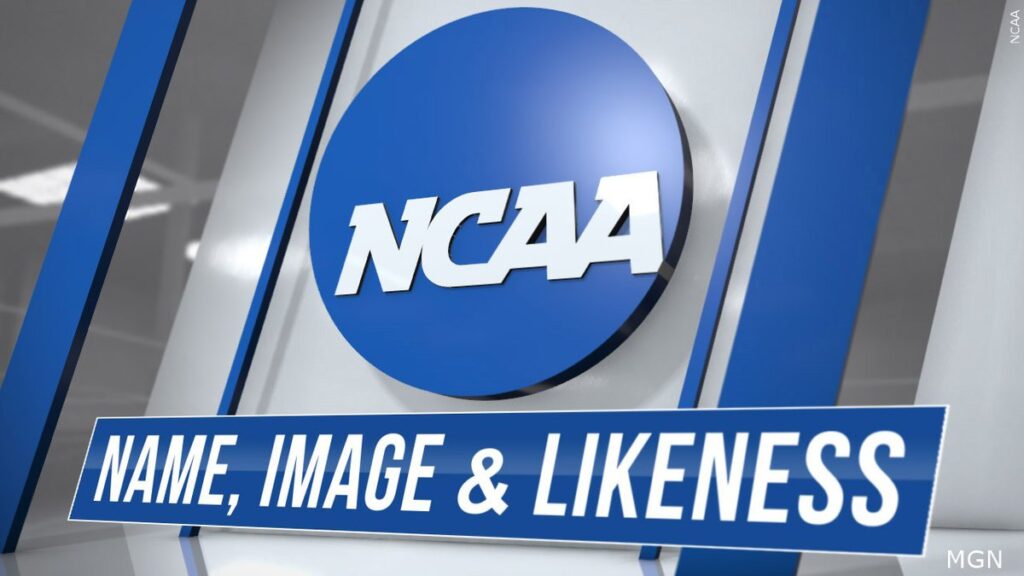
The recent introduction of NIL (Name, Image, and Likeness) legislation has brought about a significant shift in college sports, allowing athletes to monetize their personal brand. However, despite this new opportunity, many athletes have yet to take advantage of one of the most critical tools in their branding toolkit: their own website.
Websites are essential in the NIL era because they allow athletes to establish and control their brand, monetize their personal brand, and connect with their fans. However, despite the clear benefits, many athletes do not have their own websites, and this lack of an online presence is hurting their ability to capitalize on the NIL legislation.
The Importance of Personal Branding
In the age of social media, personal branding has become more important than ever. For athletes, a strong personal brand can lead to lucrative endorsement deals, speaking engagements, and other revenue streams. However, without control over their online presence, athletes risk having their brand diluted or even damaged by others.
A personal website provides athletes with the tools they need to establish and maintain their brand. A website allows athletes to create their own content, control the narrative around their brand, and connect with their fans on a deeper level.
Monetizing Personal Brands
The NIL legislation has opened up a new world of monetization opportunities for athletes. However, many athletes are missing out on the chance to maximize their earning potential by not having a personal website.
A website provides athletes with a platform to sell merchandise, offer online courses, and create other revenue streams. Without a website, athletes are missing out on the chance to take advantage of these opportunities.
Connecting with Fans
Athletes have always had a loyal fan base, but the digital age has allowed them to connect with their fans on a deeper level. Social media platforms like Instagram and Twitter have made it easier than ever for athletes to connect with their fans. However, a personal website takes this connection to the next level.
A website provides athletes with a direct line of communication with their fans, allowing them to create a more intimate connection. By sharing personal stories, behind-the-scenes content, and other exclusive content, athletes can build a deeper connection with their fans, leading to increased loyalty and engagement.
Conclusion
In the NIL era, a personal website is essential for athletes looking to establish and monetize their personal brand. However, many athletes have yet to take advantage of this powerful tool, missing out on the chance to maximize their earning potential and connect with their fans on a deeper level. As the NIL legislation continues to change the landscape of college sports, athletes who invest in their personal brand and online presence are likely to come out ahead

